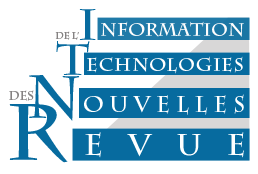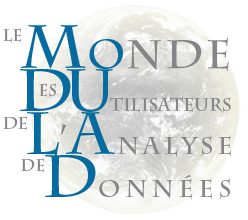Modélisation du processus de génération de données pour la reconnaissance d'activités
In EGC 2021, vol. RNTI-E-37, pp.405-412
Abstract
The dynamics of body movements are often driven by large and intricate low-level interactions
involving various body parts. These dynamics are part of an underlying data generation
process and incorporating them into data-driven activity recognition systems has the potential
to enhance their robustness and data-efficiency. In this paper, we propose to model the
underlying data generation process and use it to constrain training of simpler learning models
via sample selection. We report on experiments conducted on the SHL dataset featuring
a sensor-rich environment. Compared to the basic setting, our approach achieves substantial
improvements, by simultaneously reducing the number of required data sources by one-half.

